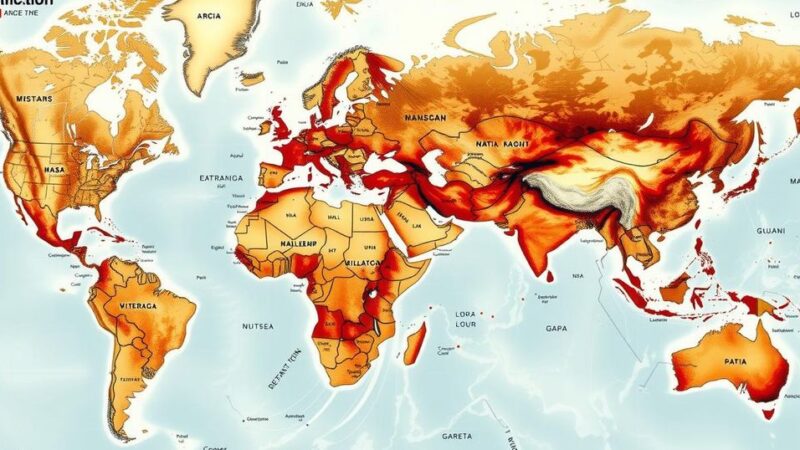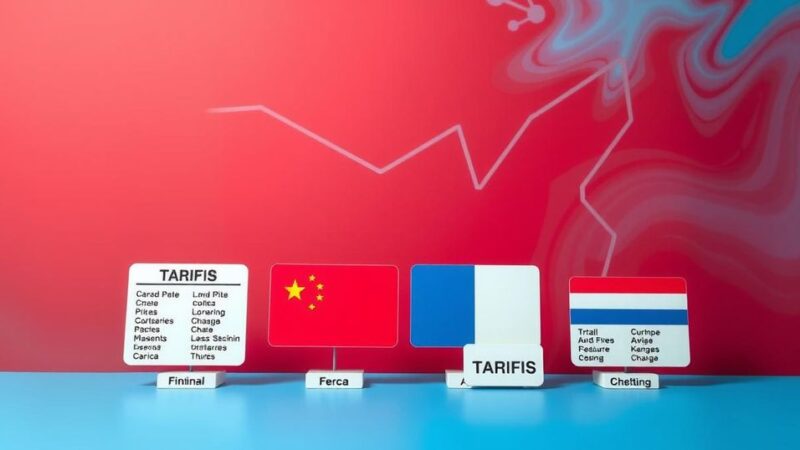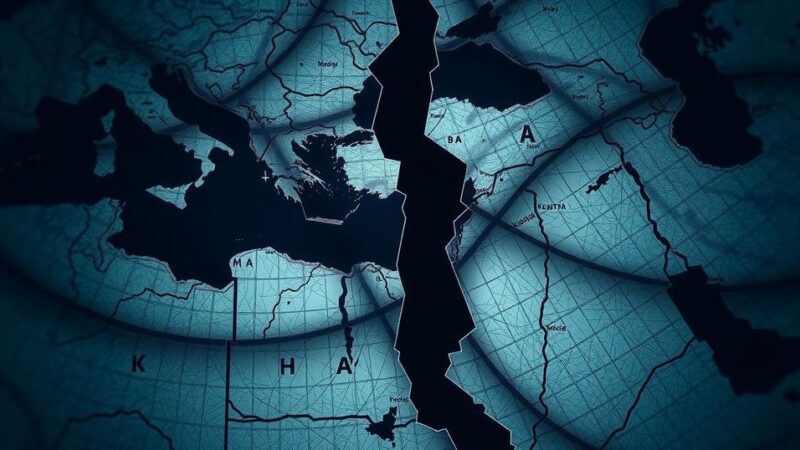The Democratic Republic of Congo faces worsening humanitarian crises due to conflict and inadequate governance. Recent diplomatic efforts, including proposed talks hosted by Angola, falter amid regional opposition and unresolved issues with Rwanda. The ongoing geopolitical tensions, largely influenced by major powers, highlight the urgent need for effective governance and resolution of the ongoing crisis.
The situation in the Democratic Republic of Congo (DRC) is increasingly dire. As of January 2025, prior to the M23’s seizure of Goma and Bukavu, only 13 percent of the eleven million individuals requiring aid were receiving necessary assistance. The International Rescue Committee has highlighted a severe decline in humanitarian conditions, particularly in eastern Congo, where cholera outbreaks have surged due to lack of basic sanitation.
Regional interventions have faltered, exemplified by the Southern African Development Community’s withdrawal of their stabilization mission. This decision stemmed from a lack of desire to incur further losses in support of the DRC’s beleaguered forces, leaving the Kinshasa government appearing disorganized and fearful of internal upheaval.
The Angolan-led initiative for direct discussions between the DRC government and M23 seemed promising. However, President Tshisekedi’s earlier reluctance to engage was overcome by dwindling regional support and potential influences from U.S. representatives. Nonetheless, deeper U.S. involvement in military aspects seems unlikely given the DRC’s turbulent business environment.
Despite initial optimism, M23’s withdrawal from talks following the EU’s sanctions against Rwanda has dampened prospects for resolution. President Kagame’s rejection of these sanctions, labeling them as “neo-colonial interference,” and breaking diplomatic ties with Belgium has further complicated the tensions. A recent commitment to ceasefire between Kagame and Tshisekedi, mediated by Qatar, raises questions about its sincerity and feasibility.
The geopolitical landscape shaped by leaders like Vladimir Putin and Donald Trump promotes territorial ambitions over humanitarian concerns, exacerbating the DRC’s long-standing governance issues. The viability of exacerbating conflicts in exchange for resource control presents grim implications for the welfare of the Congolese people and the region as a whole.
In light of the deteriorating humanitarian conditions in the DRC, the complexities of regional diplomacy, and the conflicting interests of international powers, it is clear that effective governance and conflict resolution remain elusive. The current geopolitical dynamics potentially deepen the crisis rather than provide tangible solutions to the suffering populace. The need for meaningful dialogue, sustainable governance, and genuine international support is paramount for any hope of improvement in the DRC’s future.
Original Source: www.cfr.org






